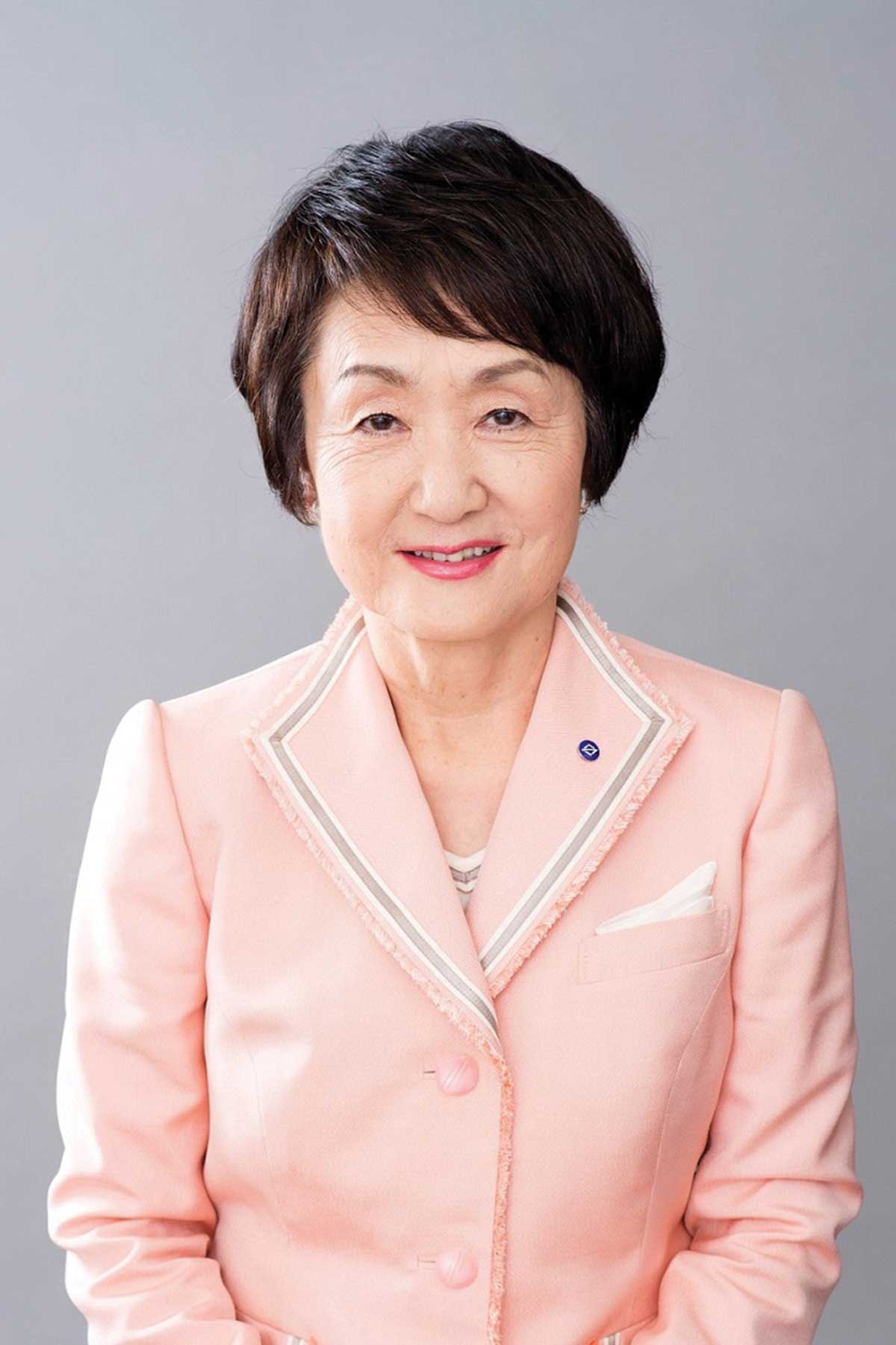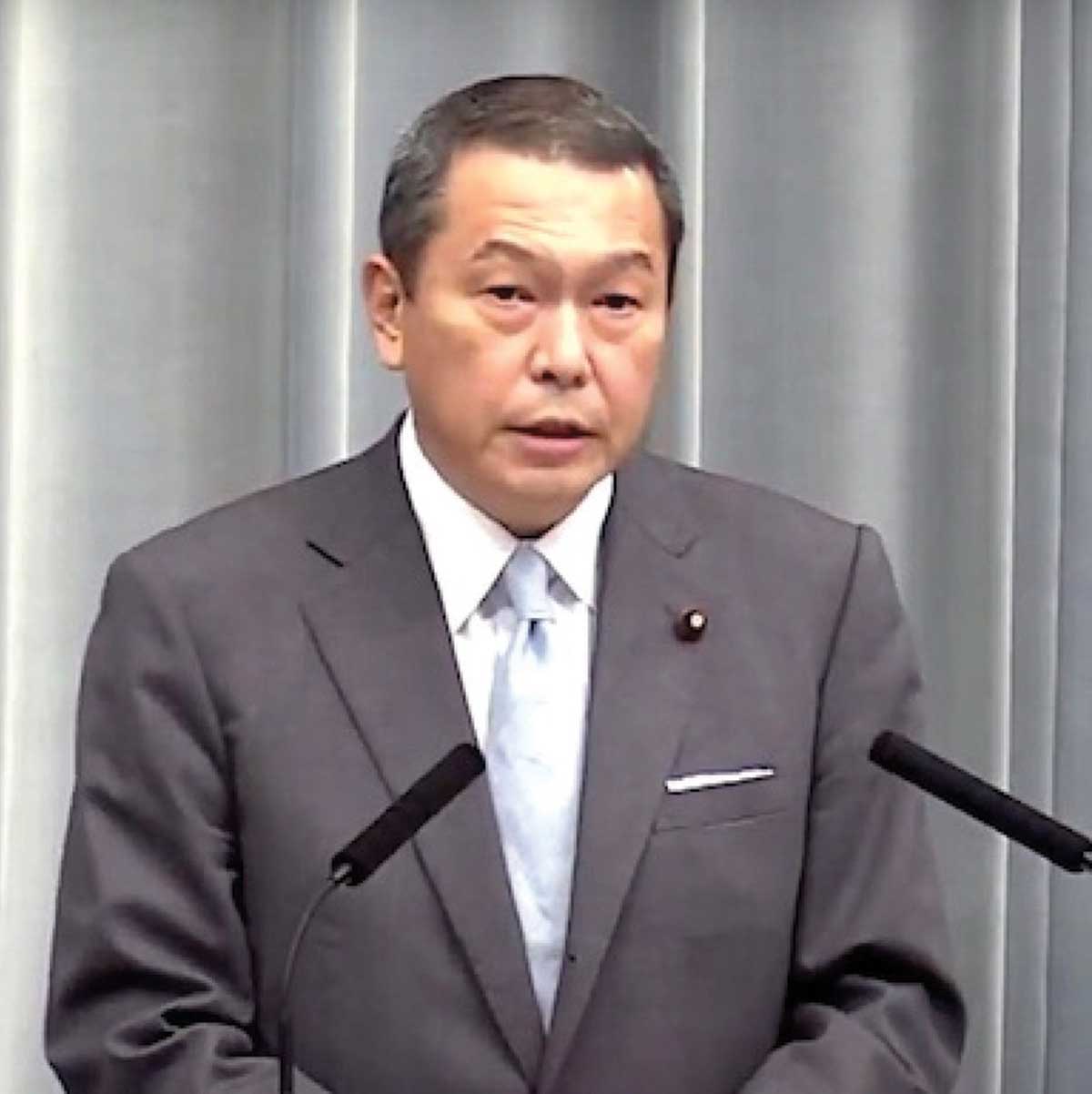Inside Asian Gaming takes a closer look at the upcoming mayoral election in Yokohama set to make or break the city’s IR dreams.
The Yokohama mayoral election to take place on 22 August is an important fork in the road for the city’s IR bid.
At time of publication, there were already 10 runners in the race, and things are starting to get interesting with the result of the election to determine whether Yokohama will continue its pursuit of an IR bid or consign it to the trash can of history.
 After a lengthy silence on her intentions, recent confirmation by incumbent mayor Fumiko Hayashi that she would contest and target a fourth term has given supporters of a Yokohama IR renewed hope. But with the eventual winner needing 25% of the vote to succeed, there is also the possibility that the city’s residents will be sent back to the polls for a second, or even a third, vote.
After a lengthy silence on her intentions, recent confirmation by incumbent mayor Fumiko Hayashi that she would contest and target a fourth term has given supporters of a Yokohama IR renewed hope. But with the eventual winner needing 25% of the vote to succeed, there is also the possibility that the city’s residents will be sent back to the polls for a second, or even a third, vote.
Just weeks out from the election, there remain far more questions than answers at this stage.

YOUNG AT HEART
Mayor Fumiko Hayashi was first elected in 2009 with the recommendation of the Democratic Party, which was predecessor to the current Constitutional Democratic Party. In her second election in 2013, the national ruling party had returned to the Liberal Democratic Party/Komeito coalition, and Hayashi was reelected with the support not only of the ruling parties, but also of the opposition Democratic Party. Her third election in 2017 was under the recommendation of the LDP, Komeito and Rengo Kanagawa. This time – her fourth attempt – the 75-year-old’s main supporting party, the LDP, has stated it will not be able to provide official support due to the number of terms she has already served and her advanced age.
Public discussion around a Yokohama IR bid started in 2012. This coincided with the second Shinzo Abe administration when there were proactive discussions about an IR concept for Japan. Hayashi’s stance was that an IR was vital to Yokohama’s sustainability. In 2016 she said, “I think it could be necessary for Yokohama’s future, sustainable growth, so I am greatly considering an IR with a casino.”
In preparation for the August 2017 election, she said at a regular meeting, “I haven’t made any decision at this point whether to go for a casino bid or not,” and later, in March, she added, “We need scientific research and to continue keeping an eye on the national situation to make a decision about an IR.”
In her campaign promise for her third election in 2017, she vowed to “consider an IR bid.” After winning that election, she stated, “A Yokohama [IR bid] is a blank slate,” explaining that by the expression she meant there was no movement in either direction. However, it was mistakenly interpreted by some local Japanese media as meaning she had given up on the idea.
During her third term from 2017 to 2018, Mayor Hayashi gave this “blank slate” answer every time she was asked about an IR. However, she explained that being, “a ‘blank slate’ means that I have not decided whether to bring an IR [to Yokohama] and I am also listening to various opinions without preconception.”
In August 2019, Hayashi officially announced an IR bid for Yokohama city.

MIXED BAG
Back to the present, with the Yokohama city mayoral election now upon us. What is surprising about this election is that there are no fewer than nine candidates at time of publication. Of those nine, only two candidates are in favor of an IR bid while seven are against it. Surprisingly, the latter group includes House of Representatives member and Chairman of the National Safety Commission, Hachiro Okonogi, who gave up his cabinet position after announcing that his candidacy would be on an anti-IR platform. As a result of this stance, the Yokohama branch of the LDP has avoided publicly recommending any candidate.
Also opposing an IR bid is former Yokohama City University professor Takeharu Yamanaka who is recommended by the Constitutional Democratic Party, former Nagano governor Yasuo Tanaka, incumbent Yokohama City Council member Masataka Ota, fisheries wholesaler president Yoshikazu Tsubokura and attorney Nobuo Gohara.
The two candidates in favor of an IR are Mayor Hayashi and former member of the House of Representatives and Cabinet Senior Vice Minister Mineyuki Fukuda.
WE HAVE A WINNER?
Realistically the race will come down to Hayashi versus all of those opposed to an IR, but given the flood of candidates, there is a real possibility that none will be able to accumulate the legally required 25% of valid ballots.
In the event the candidate with the most votes does not reach the legal minimum, a 14-day notice of opposition period will be established for voters and candidates, and if there are no declarations, another election will be held within 50 days. If the reelection also results in no candidates fulfilling the legally required number of votes, the above procedure will be repeated until these conditions are fulfilled. In a recent example, the 2018 Ichikawa city mayoral elections in Chiba prefecture took four months to reach a decision on a new mayor.
In the case of Yokohama, the application period for an IR to the national government is to run from October 2021 to April 2022. This means the final deadline is eight months after the August election. As agreement by the city council is mandatory for application, there is really only about six months’ grace. While the possibility is low, if reelections continue for too long, it’s not impossible for them to proceed past the central government’s IR application deadline.
 In such a melee, the incumbent mayor is usually considered to hold an advantage, although there is no telling what will happen in this election. Kanagawa, the prefecture in which Yokohama is located, is the electoral powerbase for not only Prime Minister Yoshihide Suga, but also a fair amount of the cabinet, including Taro Kono (Minister of Administrative Reform) and Junjiro Koizumi (Minister of the Environment).
In such a melee, the incumbent mayor is usually considered to hold an advantage, although there is no telling what will happen in this election. Kanagawa, the prefecture in which Yokohama is located, is the electoral powerbase for not only Prime Minister Yoshihide Suga, but also a fair amount of the cabinet, including Taro Kono (Minister of Administrative Reform) and Junjiro Koizumi (Minister of the Environment).
Prime Minister Suga has stated, “I will fully support Mr Okonogi’s political activities,” an announcement that has since been published as a protest advertisement in a local paper on 29 July. Therefore, the LDP is concerned that Yokohama’s election might affect the upcoming House of Representatives election, which means the party is in a dilemma where, although they can’t let the election be taken by a candidate recommended by opposition parties, they also don’t want to appear to be forcing an IR – especially the casino part of it – down the voters’ throats. IR is, however, national policy promoted by the central administration.
BATTLE LINES
Once the election is finished, the battle won’t be over. Even if Hayashi were to be reelected, if votes in favor of an IR bid do not exceed half of the effective votes, the opposition will demand a referendum, claiming “the majority opposes the IR bid issue.” With only two for and eight against, and considering doubts over anyone achieving enough votes to be legally elected, the hurdle facing Yokohama’s IR still seems very high.
 Yokohama has a population of over 3.7 million, making it the largest municipality in Japan. That’s a million more than Osaka, which is also preparing an IR bid. These cities face issues of a declining and aging population as well as declining tax revenue – issues the city needs to resolve for survival.
Yokohama has a population of over 3.7 million, making it the largest municipality in Japan. That’s a million more than Osaka, which is also preparing an IR bid. These cities face issues of a declining and aging population as well as declining tax revenue – issues the city needs to resolve for survival.
Be it an IR that helps promote this cause or some other key election issue, there is no doubt Yokohama now finds itself at a critical crossroads, with its future very much on the line.
































